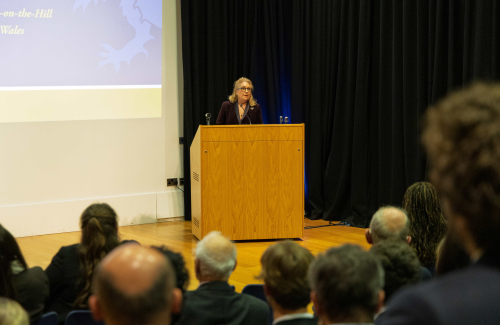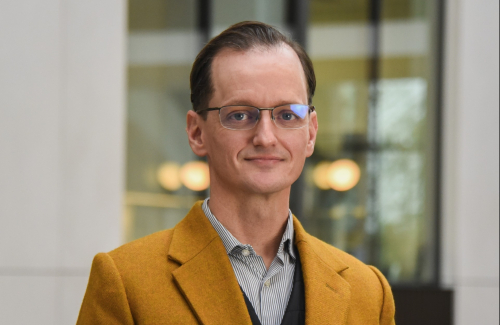More Pembroke news
Cooking on Biogas, Samoan Public Health, and Cellular Fractionation: Rokos Award Internships 2017
NEWS |
2017 was the second year of the Rokos Awards, which were established to support students reading STEM subjects (science, technology, engineering and mathematics), by funding research internships to enhance their studies and scientific knowledge. This year saw a richly varied set of internships.
Many of this year’s Rokos Award recipients travelled the globe to undertake their research. Destinations included the Smithsonian Institute in Washington D.C., the Hadronic Physics Department at the National Institute for Physics and Nuclear Engineering in Bucharest and the John Adams Institute for Accelerator Science, Oxford / CERN in Geneva, Switzerland.
Lydia Jowitt (Physics) undertook an investigation of biogas as a source of cooking fuel in rural communities, research which took her to the University of São Paulo in Brazil. She said: ‘I found it highly rewarding to see how my skills from physics can be transferred to a different topic, but equally I have developed new skills that will be useful later in my degree.’ Read her full report here.
Kate Partridge (Experimental Psychology) travelled to Samoa to work on a research project conducted by the Yale School of public health; a longitudinal cohort study assessing the growth, health and development of Samoan children and their mothers. Explaining the initiative, she said, ‘The goal of this longitudinal study is to gain a more comprehensive understanding of how the household and school environments contribute to obesity risk throughout childhood.’ Read her full report here.
Closer to home, others worked within Oxford University facilities, such as in the Oxford-Man Institute and the Department of Engineering Science. Tudor Tomescu (Physics) was based in Roxar Ltd., at the Oxford Science Park for a ten-week period, where he tested a simulator. The simulator takes geographical measurements and data as input and predicts the evolution of an oil reservoir under the influence of natural processes and events as well as human activity. This experience provided him with an insight into the complexity of physical simulators and the opportunity to learn a new programming language. Read his full report here.
Helen Cossar (Molecular and Cellular Biochemistry) worked in the Department of Biochemistry for five weeks in Professor Andre Furger’s genetics lab. She contributed to a research project that involved a cellular fractionation technique developed to distinguish between nuclear and cytoplasmic RNA. She commented: ‘My time in this lab has brought me skills that will assist in my remaining time here at Oxford, as well as into the future. I have found it intensely rewarding and motivating to be able to work amongst academics and be given the freedom to schedule my experiments and alter my work to my needs’. Read her full report here.

